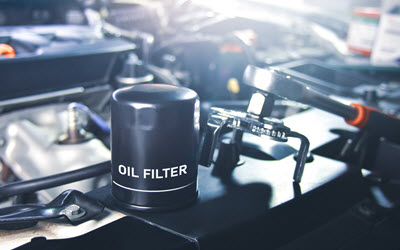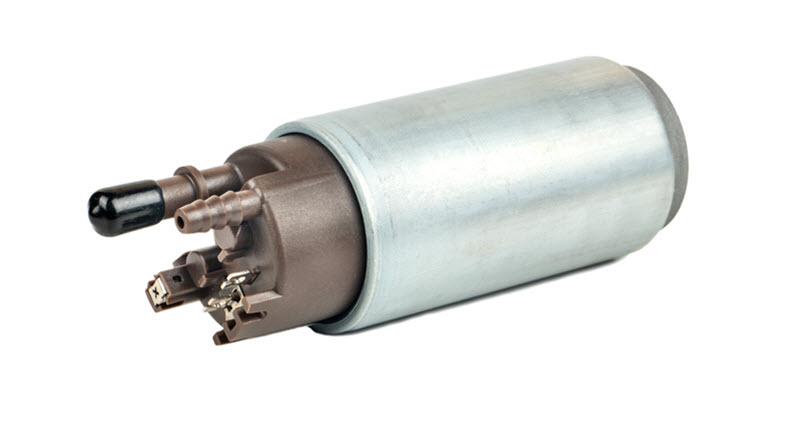When the fuel in the fuel tank of your Volvo is contaminated with debris, these contaminants clog important components of the engine including screens, filters, and the fuel pump itself. This blockage can eventually impede the fuel flow, which may affect the vehicle’s performance significantly especially during acceleration.
The fuel pump is in charge of supplying fuel from the gas tank to the engine at the proper pressure for performance requirements. The gasoline pump is engaged and pressured whenever the key is switched on, which can be heard as a low whine or hum.
Signs Your Car’s Fuel Pump is Clogged
- Difficulty Starting your Car: If the vehicle’s fuel pump cannot move gasoline from the tank to the engine, there will be problems starting the vehicle. The pump does not push enough gas into the car, making it difficult to start and drive the car. A worn pump loses pressure and the engine loses gasoline.
- Engine Sputtering: If the engine starts to sputter as soon as you reach the top speed on the highway, the fuel pump will indicate that the engine is low on fuel, and it may be due to a clogged or malfunctioning fuel pump.
- Stalling at High Temperatures: If the pump overheats the engine, it will stall. Old and worn pump motors can get too hot and overheat the entire motor.
- Whining from the Pump: A damaged fuel pump can make a loud sound coming from the gas tank. The pump makes this noise when there is a shortage of fuel or when the fuel in the tank is dirty. The normal sound of a pump is a low humming sound. There is a problem once it starts to whine loudly.
- Drop in RPM While Driving: If you are traveling on the road at a constant speed and the vehicle suddenly slows down and drops sharply, this may indicate the fuel pump cannot supply enough fuel to the engine. If the fuel filter is clogged, the fuel supply from the tank will not be able to meet the fuel demand of the engine. As at higher speeds, the engine needs more gasoline to operate under load. If the pump does not work properly, you may experience a sudden power loss.
- More Fuel Consumption: If the fuel filter is clogged, the engine will run lean and it will have difficulty keeping the car running, resulting in wasted fuel. Replacing the fuel filter can reduce stress and increase mileage.
What to Do When Your Fuel Pump Gets Clogged
Not changing your fuel filters periodically and running your car with low fuel constantly increases the likelihood of your fuel pump getting clogged. When this happens, there are some temporary steps you can take to enable you to make use of the car till you reach a professional technician.
- Use a fuel pressure gauge: This is one of the best alternative solutions when considering different ways to deal with a clogged fuel pump. All you have to do is connect a fuel pressure gauge to your car’s engine. In this way, you can start the car with the clogged fuel pump and identify the actual reason for the failure of the car engine.
- Apply external pressure: The best solution for starting a car with a defective fuel pump is to use external pressure. The external pressure source maintains the pressure level required for the vehicle engine.
- Maintain the car’s temperature: It might be best that you neither allow your automobile engine to get too cool nor get very hot. This is due to the fact a good-sized quantity of warmth will assist you to start the engine and keep the pump from malfunctioning.
- Change the oil filter: Clean the pump and change the filter. Apply oil to the new filter to make the hose slide on easily.
Make note that all of these are just temporary fixes  and you still have to bring your car to a professional for repairs. At Manfred’s Import Auto, our certified and highly-skilled technicians have decades of experience working with European vehicles like your Volvo.
and you still have to bring your car to a professional for repairs. At Manfred’s Import Auto, our certified and highly-skilled technicians have decades of experience working with European vehicles like your Volvo.
We serviced import vehicles in Barrington, Crystal Lake, Fox River Grove, Lake Forest, Lake Zurich, Cary, IL. Call us now at 847-462-2100 to schedule an appointment or visit our shop to learn more.


Recent Comments